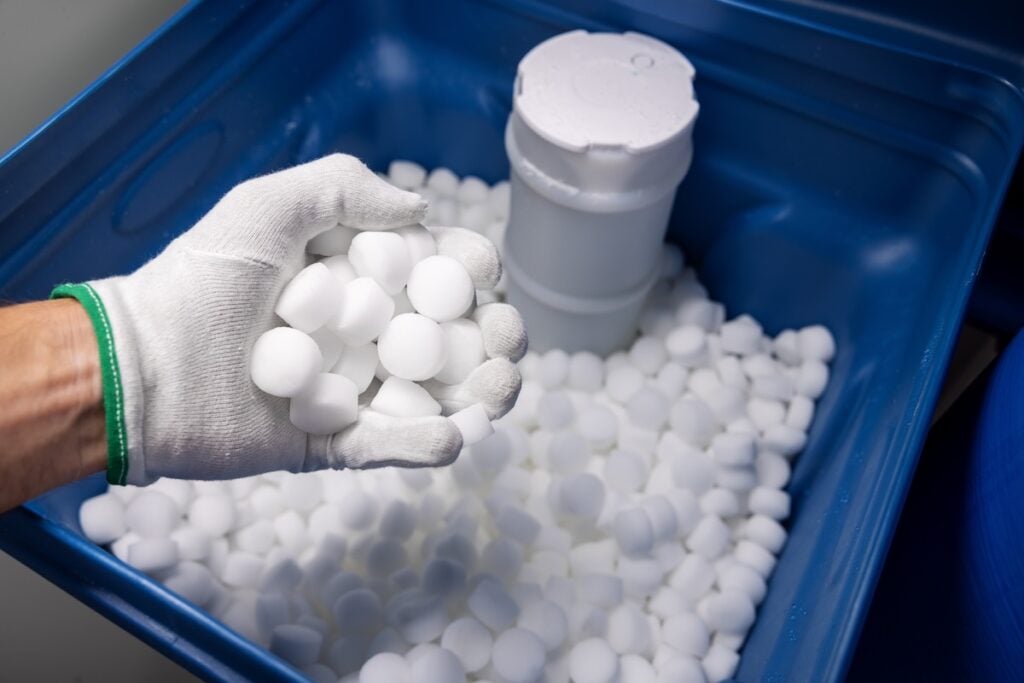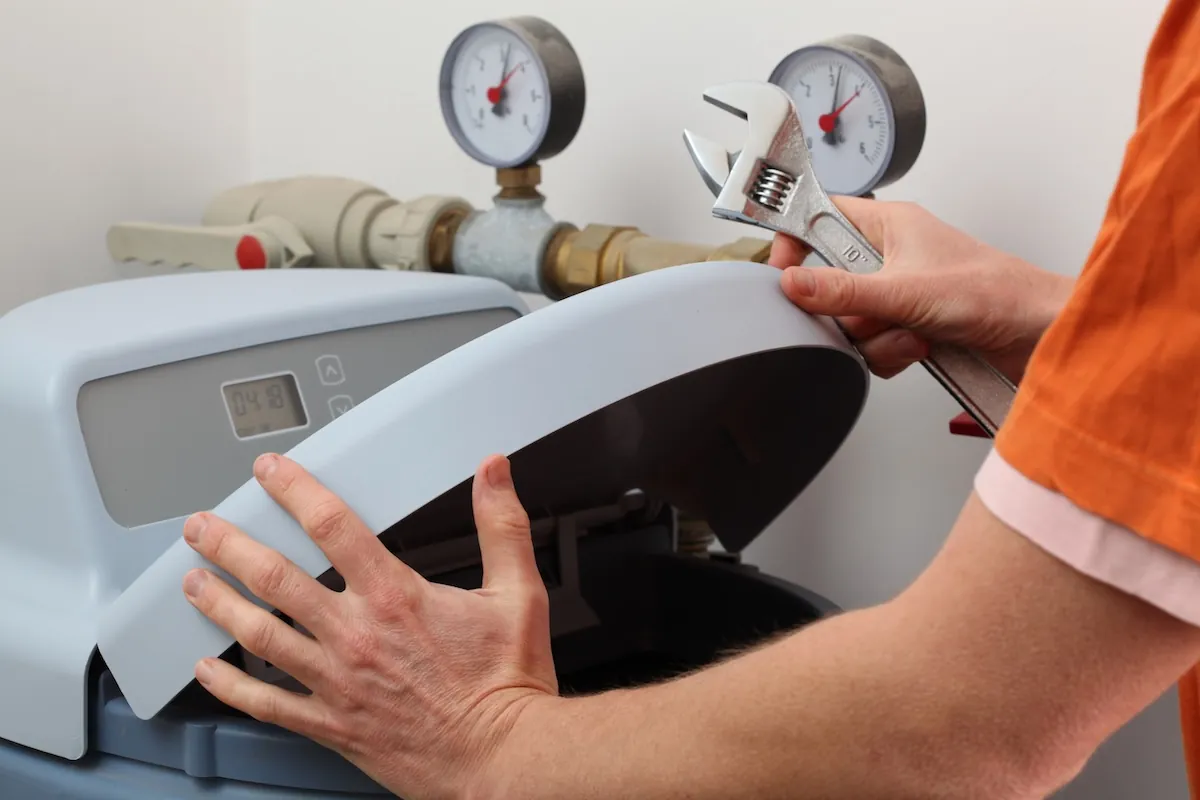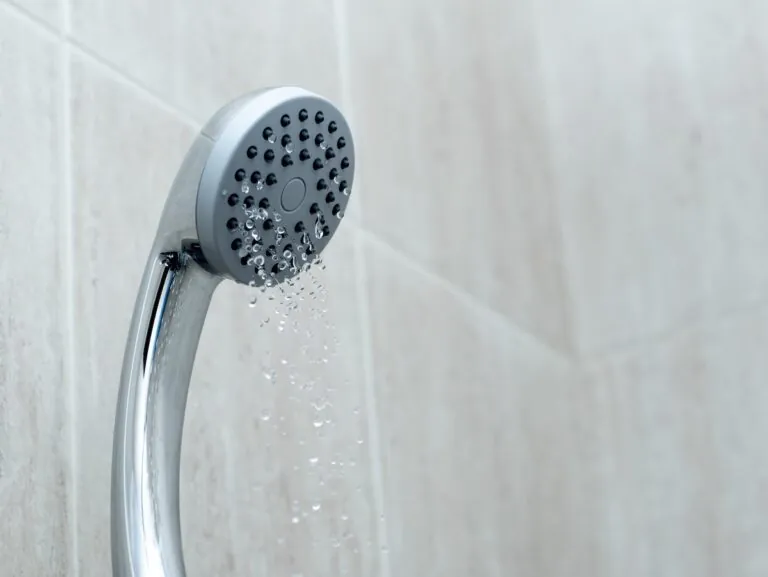If you want to get the most out of your water softener system, understanding water softener maintenance is key. Whether you’re a first-time homeowner or have used soft water systems for years, keeping your system in great shape ensures better water quality, fewer plumbing issues, and longer appliance life.
In this complete guide, you’ll learn:
- The routine maintenance steps every homeowner should follow.
- How to identify signs of a problem early.
- When to call in a professional for service or replacement.
Let’s break down what water softener upkeep actually looks like and how you can stay ahead of common issues.
💧 Why Water Softener Maintenance Matters
Proper care for your system protects your plumbing, appliances, and peace of mind. Here’s why it’s more important than many homeowners realize:

- Appliance longevity: Scale buildup from hard water can damage dishwashers, washing machines, and water heaters. Softened water keeps them running smoother for longer.
- Better water quality: A well-maintained softener improves soap efficiency, reduces mineral spots, and helps protect your skin and hair.
- System efficiency: Regular maintenance keeps the system working efficiently and helps avoid unexpected breakdowns.
🤔 What’s Inside a Water Softener System?
Understanding how your softener works makes it easier to recognize when something’s off. Most systems include three core components that work together to remove hardness from your water supply and regenerate the system regularly.
Resin Tank
- The resin tank is where the main softening process occurs. It’s filled with tiny resin beads that attract and capture hard minerals like calcium and magnesium through a process called ion exchange. As water flows through the tank, these minerals are swapped out for sodium or potassium ions, softening the water before it reaches your faucets. Over time, the resin beads become saturated and need to be cleaned through regeneration.
Brine Tank
- The brine tank holds salt pellets or crystals and mixes them with water to create a highly concentrated brine solution. This salty mixture is essential during the regeneration cycle, as it flushes through the resin tank to clean off the trapped hard minerals and recharge the resin beads. If the brine tank is low on salt or forms a salt bridge, regeneration may not happen properly—leading to hard water flowing into your home again.
Control Valve
- The control valve is the brain of the water softener system. It measures how much water your household uses and automatically initiates the regeneration process when needed. Advanced models can be programmed based on usage, time, or specific hardness levels. If the control valve malfunctions or gets clogged, it may fail to trigger regeneration or allow water to bypass the resin tank altogether.
When one part of the system is neglected, it can affect the overall performance. That’s why maintenance isn’t just about adding salt—it’s about keeping everything balanced.

✅ 6 Essential Water Softener Maintenance Tasks
These routine tasks help prevent problems and extend the life of your system.
- Check salt levels regularly: Refill the salt before it gets too low, but avoid overfilling the brine tank. Most households need a refill every 4–6 weeks, depending on usage.
- Break up salt bridges: Hardened salt can form a crust that prevents proper regeneration. Use a broom handle or similar tool to gently break it apart if it forms.
- Clean the brine tank annually: Unplug the unit, empty the tank, and rinse it with a mixture of water and dish soap. Rinse thoroughly and refill with fresh salt.
- Use the right salt type: Avoid low-quality rock salt, which contains impurities. Opt for pellet or crystal salt labeled for softener systems.
- Flush the resin tank with cleaner: About once a year, use a resin cleaner to flush out iron and mineral deposits that standard regeneration can’t remove.
- Inspect for leaks or buildup: Check valves, hoses, and connections for signs of mineral scale, corrosion, or moisture.
📋 Signs Your Water Softener Needs Attention
Even if your system seems to be working, these signs can indicate hidden issues that require maintenance.
- Sudden hardness in water: You may notice soap doesn’t lather well, or mineral spots reappear on dishes and fixtures.
- Unusual noises: Gurgling, grinding, or cycling sounds can mean something’s stuck or malfunctioning.
- Salt not decreasing: If the salt level never goes down, regeneration might not be happening properly.
- Discolored water or foul odors: Rusty or smelly water can be a sign of iron buildup or bacterial contamination.
- Higher water bills: If your softener is regenerating too often, it may waste water and drive up utility costs.
📞 When to Call a Professional
While many water softener maintenance tasks are DIY-friendly, some issues require an experienced technician.
System Programming or Malfunctions
- If your water softener stops cycling, regenerating at odd times, or you’ve lost the settings during a power outage, the issue may lie in the control valve or onboard computer. A professional can reset your system, recalibrate it based on your household’s water usage, and ensure the timing and regeneration cycles are accurate. Trying to troubleshoot advanced system programming without the right tools or knowledge can lead to further complications.
Advanced Cleaning or Sanitization
- In homes with high iron content or bacterial contamination, a standard rinse or salt refill won’t be enough. If you notice reddish stains, unusual odors, or murky water, your system may need a deep cleaning. Professional sanitization involves flushing the resin and brine tanks with specialty cleaners designed to remove buildup without damaging internal components. It’s especially important for older units or systems that have been idle for extended periods.
Component Replacement
- Even well-maintained systems experience wear and tear over time. Resin beads may lose their charge capacity, valves may clog or corrode, and electronic sensors can fail. A technician will test each component, identify what’s causing the issue, and explain whether a targeted repair or complete system replacement makes more sense. Investing in repairs early often prevents larger breakdowns and higher costs later on.
⏰ How Long Does a Water Softener Last?
With proper care, most systems last 10–15 years. Factors that affect lifespan include water quality, usage level, and consistency of maintenance.
- High iron content: Homes with iron-rich water may require more frequent cleaning and resin replacement.
- Hardness levels: Extremely hard water shortens the lifespan of softeners that aren’t maintained carefully.
- System type: High-efficiency and dual-tank systems may last longer with fewer issues if serviced annually.
⭐️ Tips to Extend Your System’s Life
Preventive maintenance doesn’t take much time—but it pays off in system reliability and household comfort.
- Check monthly reminders: Set a recurring reminder to check salt and system performance each month.
- Keep it dry and protected: Make sure the system isn’t exposed to excessive moisture or freezing temperatures.
- Use water efficiently: Limit unnecessary water waste to avoid overworking the system’s regeneration cycle.
- Flush the system when returning from vacation: If your system hasn’t run in a while, it’s smart to run a manual regeneration before resuming regular use.

💪 Why Genz-Ryan Is the Team You Can Trust
At Genz-Ryan, we know how important water softener maintenance is for your comfort, your appliances, and your peace of mind. Whether you need a quick fix or full-service inspection, our team is here to help.
- Trusted expertise: We’ve served Minnesota homeowners for decades with plumbing and water quality services tailored to local needs.
- Upfront recommendations: We explain what your system needs and why—no upsells or surprises.
- Thorough inspections: From salt levels to valve performance, we check every part of your softener to keep it running smoothly.
- Fast, friendly service: Our licensed technicians show up on time, answer your questions, and treat your home with respect.
Whether your water feels off or your system just needs routine care, you can count on Genz-Ryan to help you get it right the first time.
Contact us today to keep your system running at its best, so you can enjoy the benefits of soft water without the stress.








